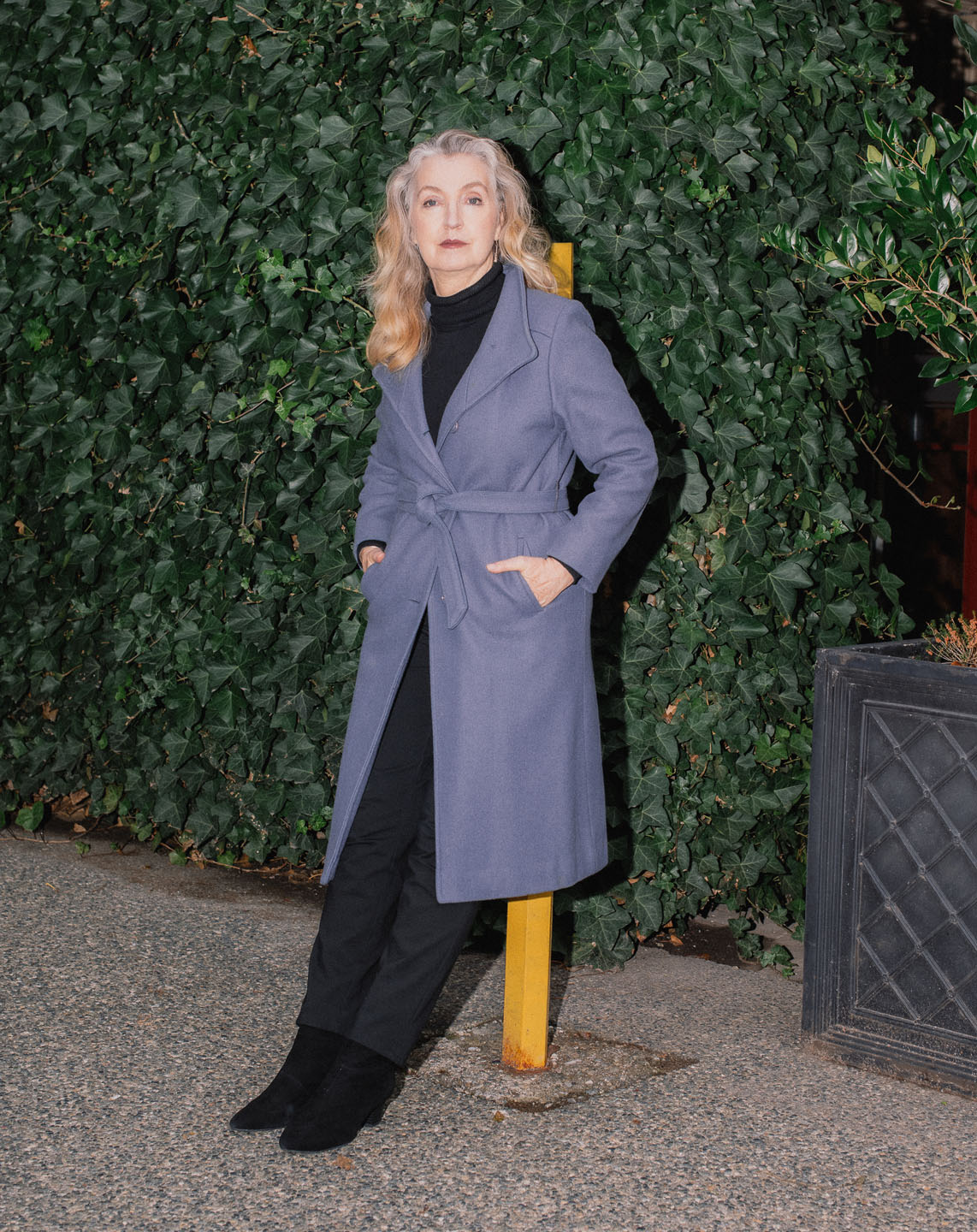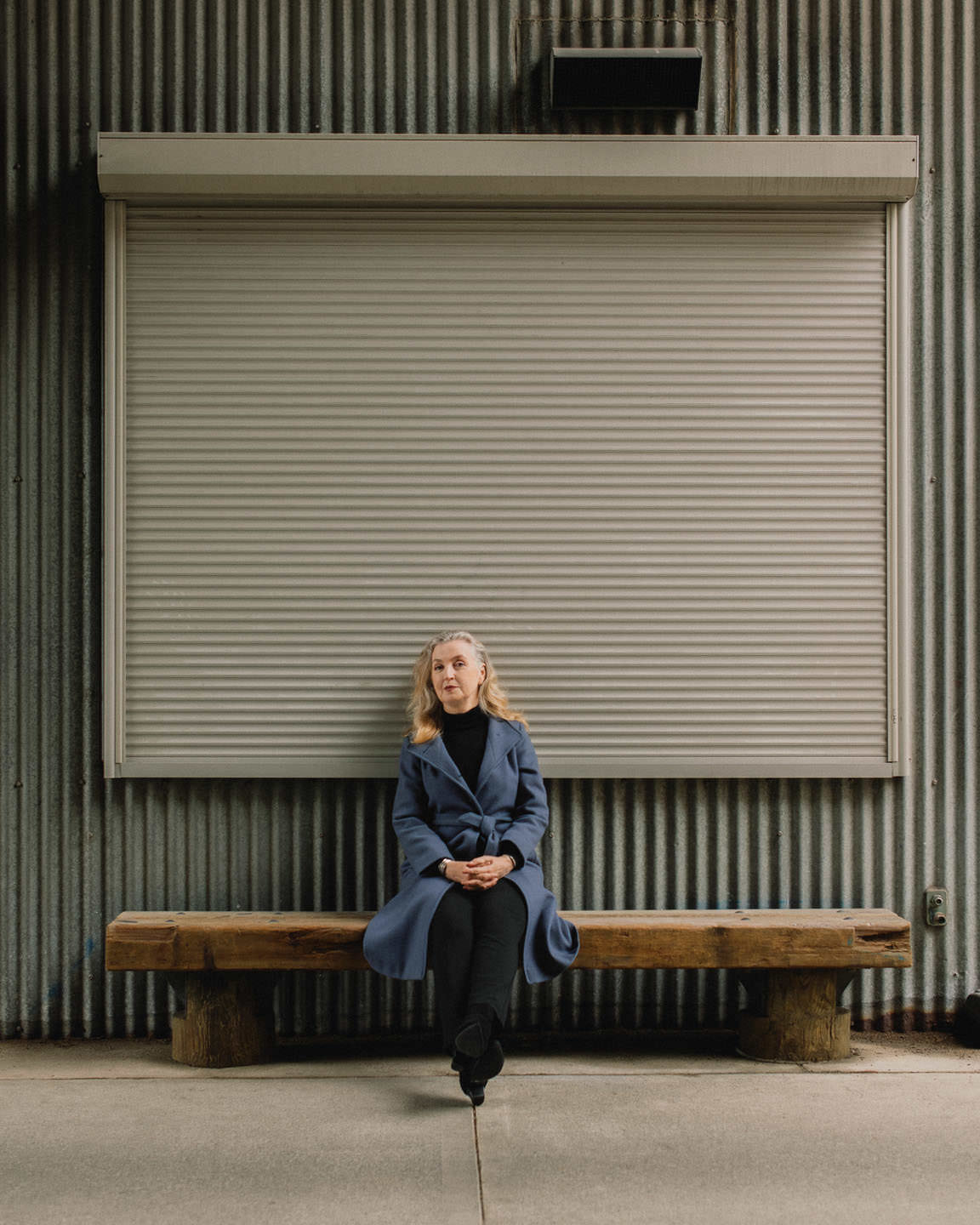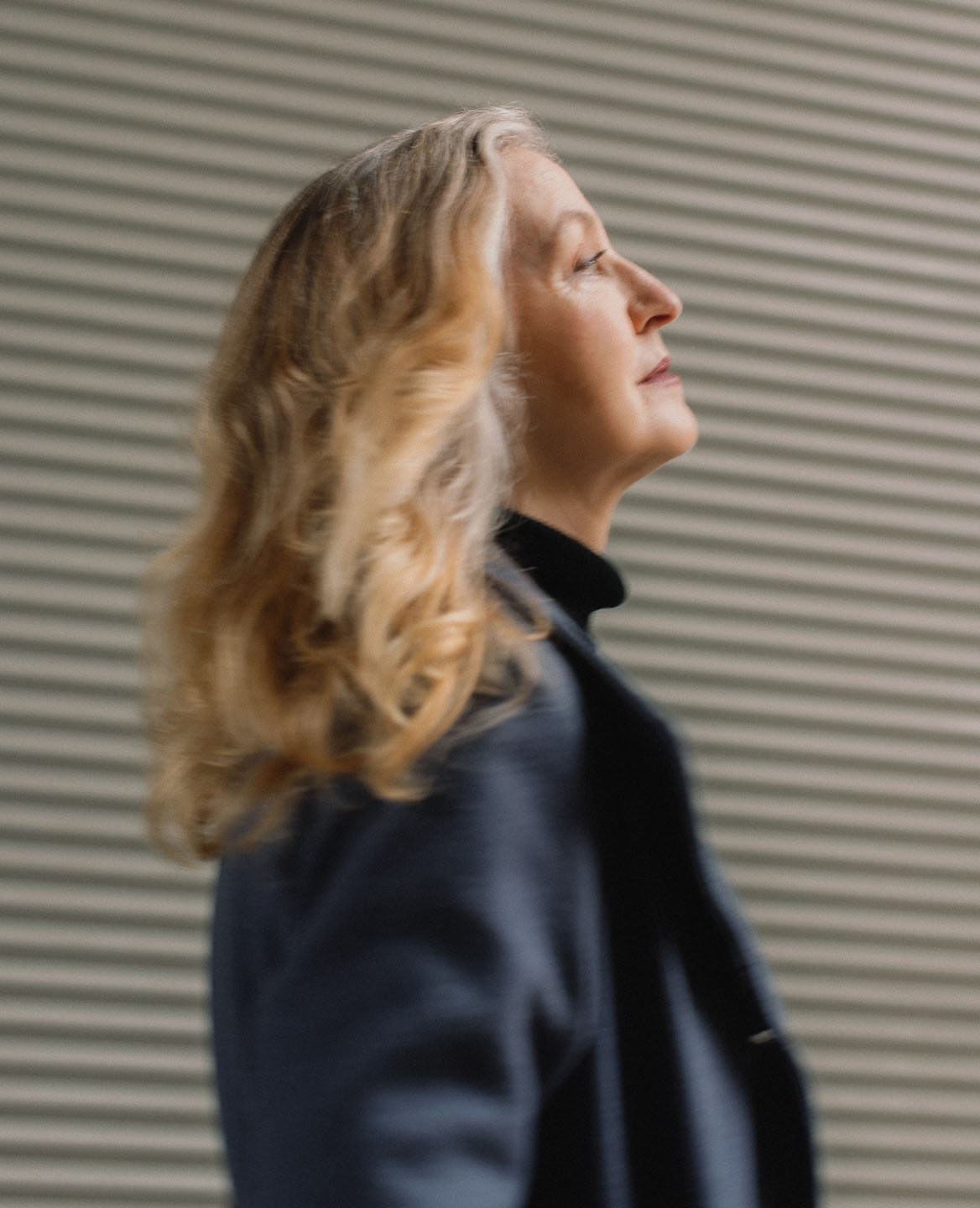What if we’re not all doomed? What if there’s a possible future that’s better than today, better than the past, when people have solved the climate crisis without having to give up the things they enjoy? A peaceful world, where we are more connected, love is plentiful, everyone’s needs are fulfilled, and clean energy from the wind or the sun fuels everything.
That may be hard to believe after the worst wildfire season ever has just burned across Canada, and the past few years have brought floods so severe they washed away highways and heat domes that killed hundreds of vulnerable people.
Despair might seem the appropriate reaction. But the ability to imagine a better world may be what saves us from climate disaster, author Rebecca Solnit says.
Being hopeful means seeing a possible positive future, one you can help determine, while despair—like its opposite, optimism—she argues, assumes a predetermined outcome and leads to passivity. “Hope is not like a lottery ticket you can sit on the sofa and clutch, feeling lucky. Hope is an axe you break down doors with, in an emergency,” Solnit says in her new book, Not Too Late: Changing the Climate Story From Despair to Possibility.
An American writer, historian, and activist, Solnit has lived in San Francisco since 1980. She grew up in California, attending the University of California Berkeley Graduate School of Journalism, near San Francisco, and has been an art critic, an antinuclear activist, and an inveterate walker. She’s written more than 20 books on a broad spectrum of topics ranging from photography to getting lost to feminism, all of them linked to larger universal themes such as history, innovation, and social change. A thought leader, she writes regular columns for The Guardian.
She has never married and has no children, a decision she explains in her 2017 book The Mother of All Questions, writing that she was raised by “unhappy, unkind people” and didn’t want to replicate her own experience. She also loves solitude, sees the future of the planet as uncertain, and wants to write books—“a fairly consuming vocation.”
As well as writing, Solnit set out in life “to be surrounded by generous, brilliant people, and to have great adventures.” Those adventures have included men, she writes, but they’ve also included activism, uprisings, the exploration of ideas, and more. The most adventurous part of her life, she says, was in the early 1990s when she joined an Indigenous resistance movement, something she wrote about in her 1994 book Savage Dreams.

Solnit recently launched a climate project, also called Not Too Late, with the book’s co-editor, Thelma Young Lutunatabua, a digital storyteller and activist.
“I wish there was a better word for just coming to terms with the radical uncertainty of the future, the fact that we are deciding the future in the present, which is what we learn from the past,” Solnit says when we speak.
Words are her jam. Readers may have heard of her 2008 essay Men Explain Things to Me, which didn’t contain the term “mansplaining” but likely inspired it. Words shape frameworks and so have tremendous power for change.
In her 2021 book Orwell’s Roses, Solnit went searching for several fruit trees George Orwell planted in 1936, and although the trees no longer exist, she found the rose bushes he planted at the same time “exuberantly alive.” She riffs on those rose bushes, filling the book with invisible threads linking language, history, art, the suffrage movement, coal mining, politics, and much more, all woven into a biography of Orwell’s life and writing.
She talks to me online from her home in San Francisco, surrounded by fall flower bouquets filled with zinnias and hydrangeas. The white walls of her sitting room hold several prominent art pieces, including a deer skull her brother found and then gave to her more than 40 years ago. There is also a stunning blue cyanotype photographic print by Meghann Riepenhoff that was dipped into Walden Pond. Solnit received it as payment for writing an essay for Riepenhoff’s latest book.
After our interview, she will cycle down to a nearby gym. She likes to spend time with friends and in nature, sometimes visiting a beach on San Francisco’s western edge or rowing in San Francisco Bay. She loves to watch her grandnieces play soccer, and she recently returned from a camping trip to New Mexico, taking the scenic route on the way home to visit friends.
“I have often said that the best and the worst thing is that life and work are inseparable.”
But her work is her life, so this afternoon’s schedule includes writing a proposal for a book she hopes to edit. “I have often said,” she notes, “that the best and the worst thing is that life and work are inseparable.”
A writer’s life means constant deadlines. “If you’re excited by the idea of having homework due for the rest of your life, this is the thing for you,” she adds. “I often feel just the way I did in college, where it’s like, whatever I’m doing, hanging over me is a deadline I have to meet. You’re at a party, but you could be writing. You’re hiking, but you could be researching.”
Most of writing is not typing—it’s thinking.
“It’s encountering new ideas. It’s having conversations that will shape your ideas. And it’s things that you learn that maybe will be valuable 10 years down the road,” she says. “If I took apart some of my essays, it would be something that just came up, plus an ongoing social problem, plus things that I read when I was younger, plus ideas I’ve been brooding over.”
Solnit has used this strategy, taking a nugget of an idea, like a piece of art or a resistance movement or even a simple rose bush, and connecting it to life’s timeless questions and universal themes. In Not Too Late, she takes the topic of climate change and links it to explorations of how change takes place, the everlasting power of ideas, and the resilience and potential of individuals and small groups to manifest a better world. Although the world is not yet on track to keep global warming to 1.5 C, she asserts, our trajectory has been dramatically shifted in the right direction.
“Had there been no climate action, we might be hurtling toward 4°C or more of warming,” she writes, also noting that “The climate movement has gone from small and polite to huge, fierce, and brilliantly strategic over the last 15 years. It is global, and it has many victories behind it.”

In the English-speaking world, Solnit says, there is an “inherently defeatist” framework about power and change, which insists that only a very few people—the wealthy, the famous, those in elected office—have power. There isn’t a lot of belief in the power of grassroots movements, she suggests, yet for her this is undeniable. “Ideas have power, and a huge amount of power exists in the margins and the shadows, these places that aren’t necessarily being scrutinized when ideas are small groups of people, scholars, Indigenous people advocating for thinking differently,” she explains. “And gradually, these ideas become more and more widespread and mainstream.”
She advocates a long-term view of change, likening herself to a tortoise at a mayfly party. Tortoises can live up to 150 years, while mayflies survive less than a couple of days. Mayflies may be involved in just one campaign or look only at short-term failures. Tortoises can see the consequences of events, which are often not instantaneous but grow from an idea into massive change that on the surface appears to happen overnight. The long-term view, she says, lets you see the evolution of ideas—about women’s equality, racial justice, the environment—usually beginning as one person or a small group of people advocating or stating a world view.
“I think slowness and persistence are really important virtues.”
Her intellectualism and encyclopedic knowledge of history bubble through as she peppers our conversation with examples: same-sex marriage was implemented in the U.S. by the Supreme Court in 2015, but the seeds of that idea emerged over decades. The Berlin Wall fell suddenly on a specific November day in 1989, but the ideas of freedom had percolated for years. We expect female representation on our highest courts today, but that’s a far cry from the status of women in the 1960s, when they were essentially the property of their husbands.
Change, she argues, may only be obvious if looked at over the arc of time. It’s like a tree, she says. If you take a photo of a tree today, and another tomorrow, they will usually look the same. But if you take another photo of the same tree in 10 years, you might see radical change. “I’m advocating for all those mayflies to work at becoming tortoises,” she says. “I think slowness and persistence are really important virtues.”
Of Canada, Solnit makes two key points, the first about the oilsands in Alberta, saying they are one of the “bombs that could destroy the climate.” Despite that, she believes Canada’s sun and wind give our country endless possibilities for a green-energy transition.
The second point is about the resilience of Canada’s Indigenous people. It’s “awe inspiring,” she says, to see Indigenous people, who were told they could do nothing but assimilate and lose their culture, fight valorously and emerge to show “profound leadership” toward a viable future.
While it’s easy to lose hope and fall into despair, she acknowledges, none of us know the future. History is full of surprises, she says, and in uncertainty lies possibility.
“Why do we have marriage equality? Why do we have reproductive rights? Why do we have environmental protection? Because somebody in the past was hopeful that this could be achieved.”
Rebecca Solnit was photographed on Granville Island during the 2023 Vancouver Writers Fest. Hair and makeup by Ashley Gesner for Lizbell Agency. Read more from our Winter 2023 issue.









